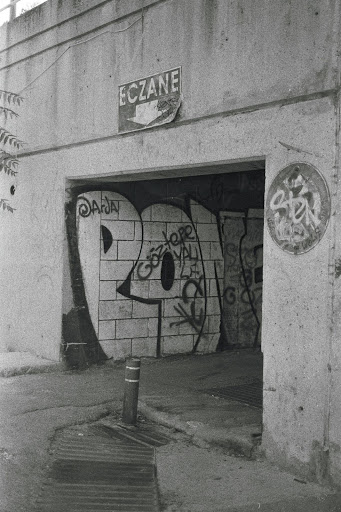You meet the boy of your dreams and within days of meeting him he has become your everything. You spend every waking moment together, spend countless hours on the phone and on social media together and become closer than you have ever been with anyone else. However,
weeks later, you realize he is starting to become toxic.
He begins to drain every last drop of love you gave to him and lets it drift away. Everything slowly goes downhill due to his controlling what you wear, what you do and what you eat. It gets to the point you can no longer focus on anything; not your friends, your classes, and especially not yourself.
The person you fell in love with is gone, replaced by this toxicity and you become hopeless and stuck in this situation.
When you are a teenager and in a relationship it feels like one of the most important things ever. However, it is not.
While most people think they are in perfectly healthy relationships, they are actually digging a deep hole for themselves.
According to Ramseysolutions.com, “A toxic relationship is one that has unhealthy dynamics and causes you distress or harm because you’re unsupported, manipulated, or disrespected.”
Accepting the reality that your once fairytale relationship is now toxic can be difficult. Becoming the victim of a toxic relationship and being in denial is one of the main factors that affect peoples.
A UACHS student, who would like to remain anonymous, knows what it feels like to be in denial when in this specific situation.
“ At first, you deny it ever happened because you are still confused,” said Anonymous. “You do not want people to see you differently or treat you like you are fragile so you tell everyone that nothing happened.”
A toxic relationship can easily become a form of abuse whether you want to accept it or not. It can harm you in many different ways that could prevent you from doing your day-to-day activities.
According to the CDC, “ Unhealthy, abusive or violent relationships can have deleterious short-term and long-term effects on teens’ emotional development and can include symptoms of depression and anxiety or engagement in unhealthy or antisocial behaviors.”
Many teens have experienced something that they believe was love and turned out not to be. In the long run from the constant abuse they become emotionally and mentally unavailable.
According to the youth. gov, “Studies have found that as many as 76 percent of teens report emotional and psychological abuse during relationships.”
A person saying, “I do this because I love you,” or “ I yell at you because I love you” is not exhibiting true love. Abusers like to have power over the victim. They thrive off of control because they can not control anyone else.
Toxic relationships in the long run manipulate and silence you. No one should ever let a person silence them, make them feel inferior, or treat them like less than they deserve to be treated; if you are in a toxic relationship, run away as fast as you can.






